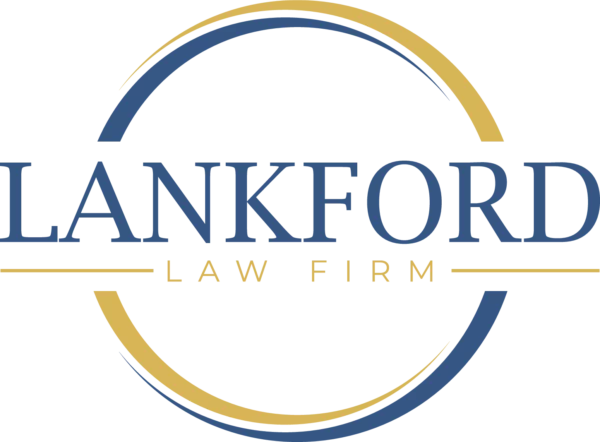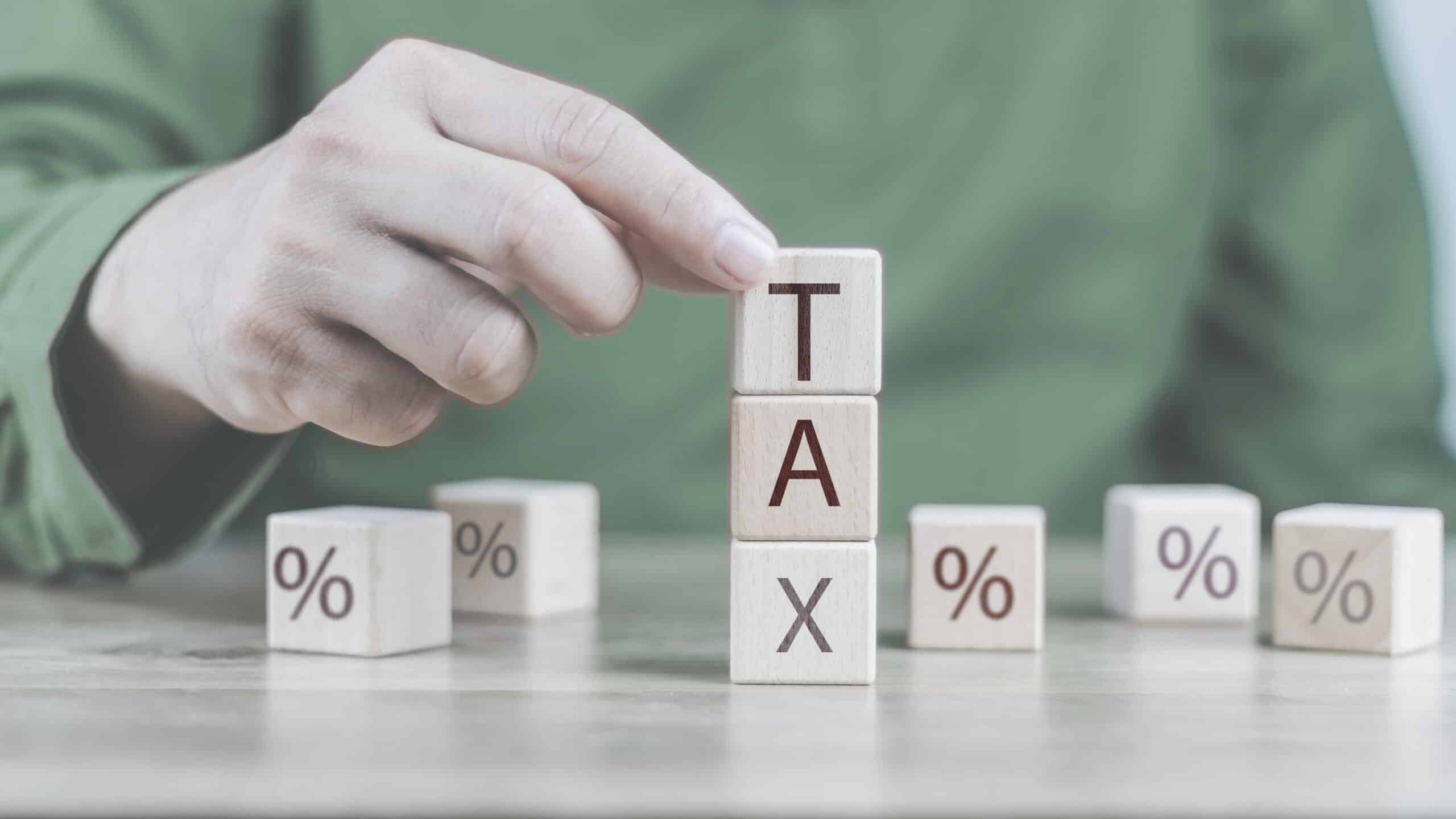In the state of Florida, the economy is booming, and now is a great time to launch a new business venture based in Florida.
One key question that a new business owner must have answered is this: Is a business owner personally responsible for the debts that are owed by his or her business?
The structure of that business and the way the business was created determines the answer.
Liability consequences in Florida are different for the owners of corporations, limited liability companies, partnerships, and sole proprietorships.
What follows here is a general look at business debts and the personal liability of business owners, but in any particular business situation, you’ll need to discuss the specifics of your potential liability with a knowledgeable and skilled Central Florida business formation attorney.
1. DEBTS AND SOLE PROPRIETORSHIPS
If your business isn’t incorporated, you’re the only owner, and no other business form or structure has been established, you are the sole proprietor.
A sole proprietorship and its owner are the same “legal entity,” so you are personally liable for the debts of the business.
If the business can’t pay, creditors can pursue – and sometimes even seize – personal assets along with business assets.
2. DEBTS AND PARTNERSHIPS
When two or more individuals own a business that isn’t incorporated, it’s a partnership. Partnerships may be limited partnerships, general partnerships, or limited liability partnerships (LLPs).
When more than one person operates a business for a profit, it’s a general partnership, all partners are “general” partners, and each partner becomes liable personally for debts the business may incur.
A “limited” partnership’s owners include “general” and “limited” partners. General partners may be personally liable for the debts of the business, but limited partners are not.
A Florida limited partnership is an agreement between general partners and limited partners to conduct a business.
The terms and conditions of the partnership are set forth in a written limited partnership agreement.
A general partner manages investments, distributions, and other decisions for the partnership. Limited partners have an equity interest in partnership assets but a passive role in the partnership’s management.
In a limited partnership, one person may be a general partner and also a limited partner. Limited partners are liable personally for partnership losses and obligations only to the extent of their investment in the business.
A general partner is liable personally for all of the debts and obligations of the business.
3. DEBTS AND CORPORATIONS
“Shareholders” are a corporation’s owners. Corporations limit shareholder liability so that in most cases, creditors may collect debts only by pursuing the assets of the corporation.
In most cases, a shareholder is only liable for a business debt if he or she cosigns or guarantees a debt personally.
However, if a creditor can show that a shareholder’s personal and corporates monies were commingled, a shareholder may have liability.
If creditors can demonstrate that the business functioned merely to protect the shareholders, shareholders may have liability, but proving the charge requires a complicated legal procedure called “piercing the corporate veil.”
If a court in Florida “pierces” a corporation’s corporate veil, shareholders may be held liable personally for the corporation’s debts, and creditors may go after homes, investments, bank accounts, and any other available personal assets.
However, courts will find liable only the persons responsible for the corporation’s debts; innocent shareholders will have no liability.
4. DEBTS AND LIMITED LIABILITY COMPANIES
“Members” are what the law calls the persons who own limited liability companies (LLCs). LLCs offer members partial protection from liability for the debts of the company.
Like corporate shareholders, LLC members are not liable personally for a company’s debts unless they cosign or otherwise guarantee debts.
Creditors can try to pierce the corporate veil of a limited liability company to determine if members have any liability.
Corporations and LLCs limit the personal liability of owners for a company’s debts, but owners sometimes become liable for debt despite taking precautionary measures.
How does an LLC member or a corporate shareholder end up responsible for the company’s debts? There are several ways it can happen.
When a shareholder or member cosigns for a loan for the corporation or LLC, that shareholder or member is personally responsible – as is the company – for the debt.
When a business owner puts up a home as collateral on a business loan, for example, if the loan can’t be repaid, the home can probably be seized to repay the debt.
WHAT HAPPENS WHEN A COURT “PIERCES” THE CORPORATE VEIL?
If you are an LLC member or a corporate shareholder, you should know that creditors can sometimes remove the legal protection from liability that LLCs and corporations provide.
A court will pierce the corporate veil if a creditor can show that the corporation or LLC was created exclusively to shield the owners’ personal assets.
A court will also pierce a corporate veil if the evidence proves that the business was created with inadequate capital, that business assets and personal assets were commingled, that one owner exercised excessive influence over other owners, or that corporate formalities were overlooked or simply ignored.
If a limited liability company or a corporation was established for fraudulent reasons, and one or more creditors can demonstrate it, a court will act to pierce the corporate veil.
Corporate shareholders and LLC members can take steps to dissuade the courts from piercing the veil of their businesses.
Don’t commingle personal monies with business assets or divert the company’s assets for personal use, and never guarantee personally the payment of company debts.
Make your initial investment adequate to capitalize the business, and be sure to comply with all of the laws, rules, and regulations for corporations and LLCs.
When your company pays its debts and stays compliant with the many federal, state, and local laws governing businesses, it doesn’t mean that you’ll have no legal problems, but it does put you legally “in the right” and makes it easier for you – and your company – to resolve those problems painlessly.
Even when business is good and no problems are on the horizon, a company’s owner or owners must have reliable, trustworthy legal advice.
If you are sued for the debts of a business you own in Central Florida, or if you are struggling with any legal matter related to your business, consult an experienced Central Florida business attorney at once regarding your rights, options, and legal recourse.
By: Melody Lankford
After graduating from Davidson College, Melody Lankford earned her J.D. from Florida State University’s College of Law in 2004 and was admitted to the Florida Bar that same year. Ms. Lankford joined Raydon Corporation as in-house counsel in 2004. She worked there until 2012, when she founded the Lankford Law Firm. She is an experienced Daytona Beach small business attorney who offers sound legal counsel and experience-based insights to her business clients.


 Call Us Now
Call Us Now Email Us Now
Email Us Now



